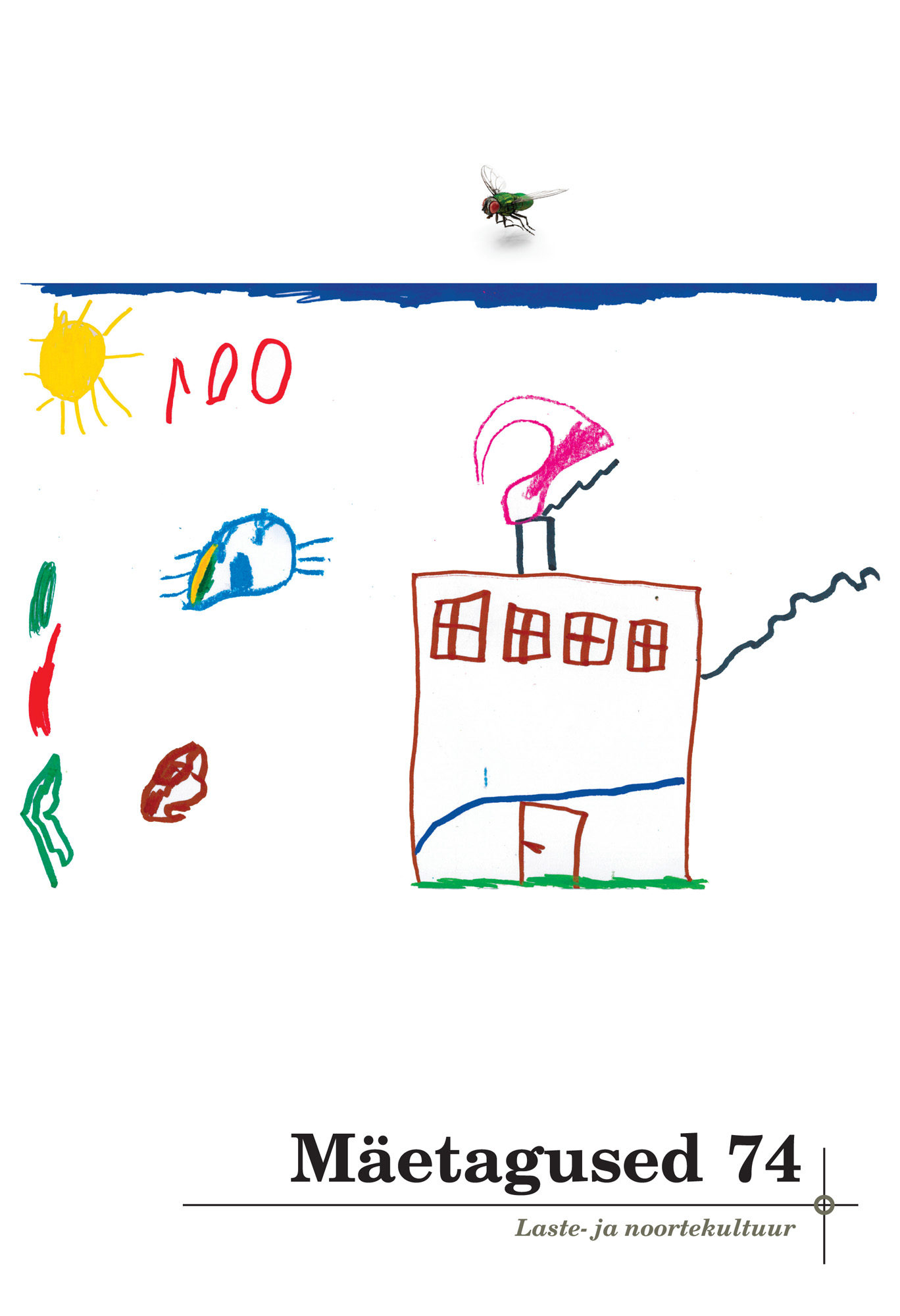Minu lapsepõlve ‘õnn’ ja ‘õnnetus’ seoses hariduse ja õppimisega: üliõpilaste mälestusi kooliajast
Luck and misfortune of my childhood: Students’ memory talks about school
Author(s): Kadri Soo, Dagmar KutsarSubject(s): Customs / Folklore, Cultural Anthropology / Ethnology, Culture and social structure , Sociology of Education
Published by: Eesti Kirjandusmuuseum
Keywords: autobiographical memories; luck; misfortune; narrative inquiry; schooltime; subjective wellbeing;
Summary/Abstract: This article focuses on young adults’ autobiographical memories of childhood. The aim was to explore which lucky and unlucky events students recollected concerning school attendance, how they presented themselves and other important persons and which meanings these memories had for narrators. The data consisted of 70 memories. In 2015–2017, the undergraduate students, who participated in the course “Children and Childhoods”, were asked to write two recollections about lucky and unlucky experiences concerning education and learning, with the aim to re-connect them with their own childhood experiences. This cognitive exercise tried to overcome the childhood amnesia of young adults who are struggling with the creation of their own life career, leaving childhood behind (also called as quarter-life crisis by Arnett, 2007). We applied the method of thematic qualitative analysis. The following categories were revealed in the narratives: event considered as ‘happy’ or ‘unhappy’, self-description, description of others, emotions, assessment of the experiences, meanings of the experiences for the present life. In the ‘happy’ memories, the students mainly described supportive, encouraging, and motivating teachers and parents who were able to raise their interest in learning and attending school. Another source of happiness was getting good grades, participating in competitions, and gaining recognition by teachers and parents. Positive social relationships at school, including well-integrated classmates, understanding and caring teachers, and exciting school events, played an important role in ‘happy’ memories. Emotions and effects described in the ‘happy’ memories consisted of pride, high self-esteem, success, and desire to learn and have high academic achievement. Experience of school bullying was the prevailing topic memorised as ‘unhappy’. The narrators told stories from the positions of both the victim and the bystander. They mentioned the reasons of bullying, such as good grades and success in schoolwork, different appearance and ethnic background, and poor material conditions of the family. The bullies were mostly classmates and older pupils, in one case a teacher. The students narrated that bullying caused social isolation, feeling of hopelessness, and decline of self-esteem. Most of the stories about bullying came to positive solutions, but the teachers, as written by the students, were seldom the persons who provided help or even noticed the victim. The ‘unhappy’ memories included experiences with the teachers who depreciated pupils, treated them unfairly or were too strict and demanding. The unprofessional teachers caused disappointment and loss of confidence. The students wrote in the ‘unhappy’ stories that they were afraid of answering at the blackboard and disclosing a bad grade to their parents. The narrators described how they tried to hide the bad grade from their parents by falsifying it or parent’s signature in the school report. Parents’ supportive reaction to their wrong behaviour astonished the students. In the identity talks, they were studious, conscientious and active children. In the memories of ‘unlucky’ experiences, the students represented themselves as sufferers who, thanks to personal strengths or someone’s assistance, were able to resolve the unpleasant situation and achieve the desired goal (e.g., to finish school, to enter university). In sum, childhood autobiographical memories of school attendance were related to social relationships and important persons in children’s lives. Moreover, the cognitive exercise of re-connecting young adults with their childhoods opened a way to lively discussions in the course “Children and Childhoods”, and prepared students for in-depth understanding of children’s subjective worlds.
Journal: Mäetagused. Hüperajakiri
- Issue Year: 2019
- Issue No: 74
- Page Range: 99-124
- Page Count: 26
- Language: Estonian

